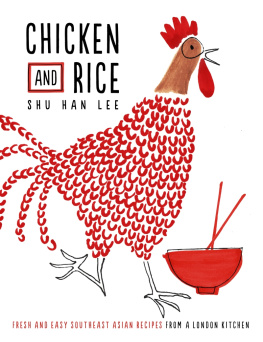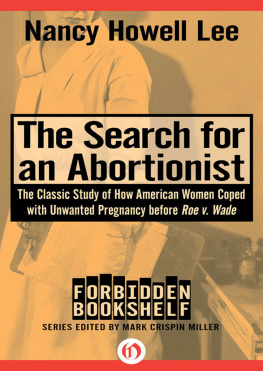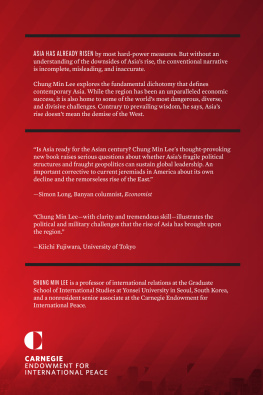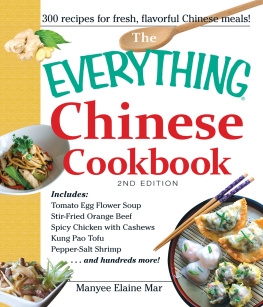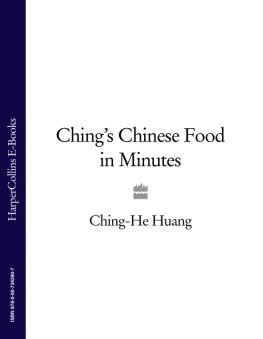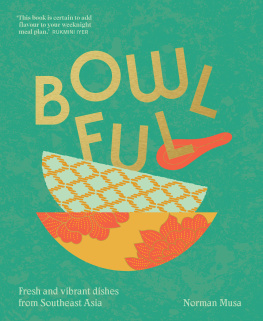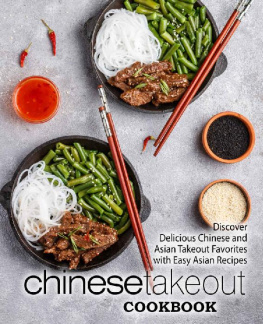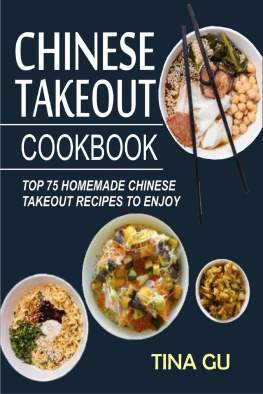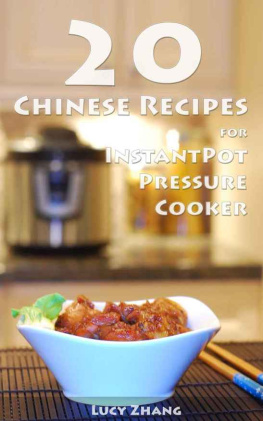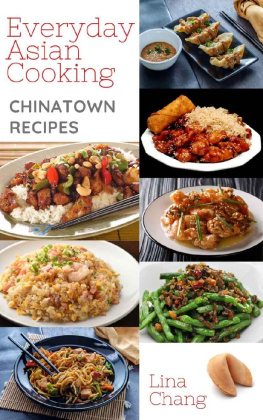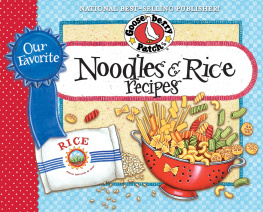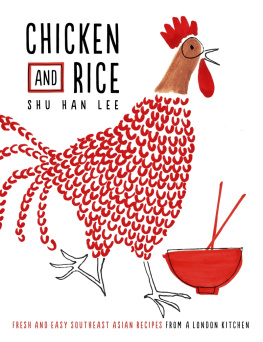Let the conversation begin...
For my Mum and Dad. I know every extra chicken drumstick
youve slipped on to my plate means I love you
Fig Tree is part of the Penguin Random House group of companies whose addresses can be found at global.penguinrandomhouse.com.
INTRODUCTION
Food and growing up
I will never forget the day before I moved to London. I was in a state of panic because it was five hours until the most important flight I would ever take (as an eighteen-year-old who had spent her whole life in Singapore except for the odd holiday around Southeast Asia), and the floor was covered with huge piles of things that wouldnt fit within my 30kg luggage limit. In the end I opted to take out half my clothes and lose some books so I could bring a rice cooker, dried anchovies and blocks of fermented shrimp paste to London.
I grew up in a country and a family that love food. We would gather over food, and when we did, we would talk about food. I would take hour-long bus rides with my friends (no one could drive then) to a hawker centre on the other side of Singapore just to try the best prawn mee. It seems a bit extreme until you taste the dark, murky broth, fragrant and full-bodied from pork ribs and prawn heads with whole bulbs of garlic that have been simmering for hours. While slurping down noodles, we would be comparing notes on other hawkers and planning next weekends lunch.
At home, the food doesnt stop. I know everybody says this, but my mum is the best cook I know. My grandfather used to own a little self-sustaining farm back when there were still farms and kampongs (villages) in Singapore and being the oldest daughter, Mum had to pluck chickens and cook for her entire family from the age of ten. Decades of experience have taught her much more than any cooking school ever could. Watching her in the kitchen is like watching a well-practised piece of choreography by a seasoned dancer the rhythmic movement of her heavy cleaver against the chopping board; the smooth turns and stretches to reach inside cupboards; the fiery flourish as ingredients hit her wok. My sister and I used to hide close by and peek at her as she cooked.
Everyone can cook if they are stubborn enough
Yes, we had to hide. I wish I could say I grew up pounding rempah (spice pastes) and throwing things into woks, but I didnt. Mum, like most Chinese mothers, preferred us to hit the books or the piano instead of getting our hands dirty in the kitchen. It was a rare treat and a thrill to be allowed to help her peel hard-boiled eggs for tau yew bak (a dark soy sauce braise with pork and all sorts of goodies), or to tear dough for mee hoon kueh (handmade torn noodles) usually as a reward for having finished our homework early. So despite being born into such a great food culture, I had no idea how to cook. And to be honest, there was no need to before I moved to London. My first home-cooked meal consisted of rice that was both uncooked and mushy at the same time (yes, even with the rice cooker I screwed it up), spinach fried with fermented shrimp paste that sent my flatmates running out of the kitchen in seconds, and a fried egg (which I did get right at least).
But I loved it. I sat there proudly chewing on the uncooked grains, googling Why does my rice not cook evenly?
I always think everybody can cook if they really want to. For me, it was a mixture of desperation, greed and curiosity that got me excitedly researching recipes and playing in my kitchen. I would recipe-test something eight times until I got it right. Or I would Skype Mum and show her the clumps of fried bee hoon I had made and she would smile and tell me that I should soak the dried vermicelli in cold water instead of hot.
Even now, having cooked for crowds, written for magazines, and written this book, I still freak out if Im cooking something for Mum when Im back home (in fact I have to apply for permission to use her kitchen days in advance).
Good food starts with good produce
Somewhere along the way, I realized I needed a job. My years as a cash-strapped student in London saw me juggling among many random design jobs and cooking pop-ups (yes, I was cooking for people by then and amazingly they were willing to pay) a weekend job as a farmers market manager. It meant going home at unsociable hours on Friday nights and waking up at 5 a.m. on Saturdays, but I didnt mind. Those early mornings opened my eyes to a whole new way of eating and cooking.
Singapore is a tiny metropolitan city thats short of space and short of people wanting to rub their hands in dirt, so much of our produce is imported. And to be honest, I didnt see a problem with that in the past. I never bought into the whole local, organic, seasonal thing before. A tomato was a tomato was a tomato, right? Then I ate a baby plum tomato here: in summer, British, and grown by some of the greatest people I know. Oh my God, it was sweet and it was juicy and I ate the rest of them like I would popcorn. Before, I could never eat raw tomatoes. The tomatoes we get in Singapore are mostly imported and tart, with a mealy texture from being chucked into cold storage.
Working every weekend for three years with people who sing to their plants and give names to their chickens, and occasionally visiting their farms, taught me a lot about the relationship between good food and good produce.
Authenticity and making-do
I try as much as possible to cook with the seasons, using British produce even when Im cooking something Asian. It just makes a lot more sense to fry fresh chard from the market in sambal (a rich Malaysian chilli paste), instead of trekking to Chinatown to buy water spinach flown all the way from Vietnam at three times the price. I dont know if this makes the dish inauthentic, but to me there is nothing more Asian than making do with the best ingredients you can get hold of, and combining them with the best flavours you can conjure.
In fact, trying to find a dish that has no influences from other cultures would be ridiculous. Southeast Asian cuisine in its very essence is born out of the mix-and-match of food from different cultures. The Singaporeans even have a Singlish word for it:

